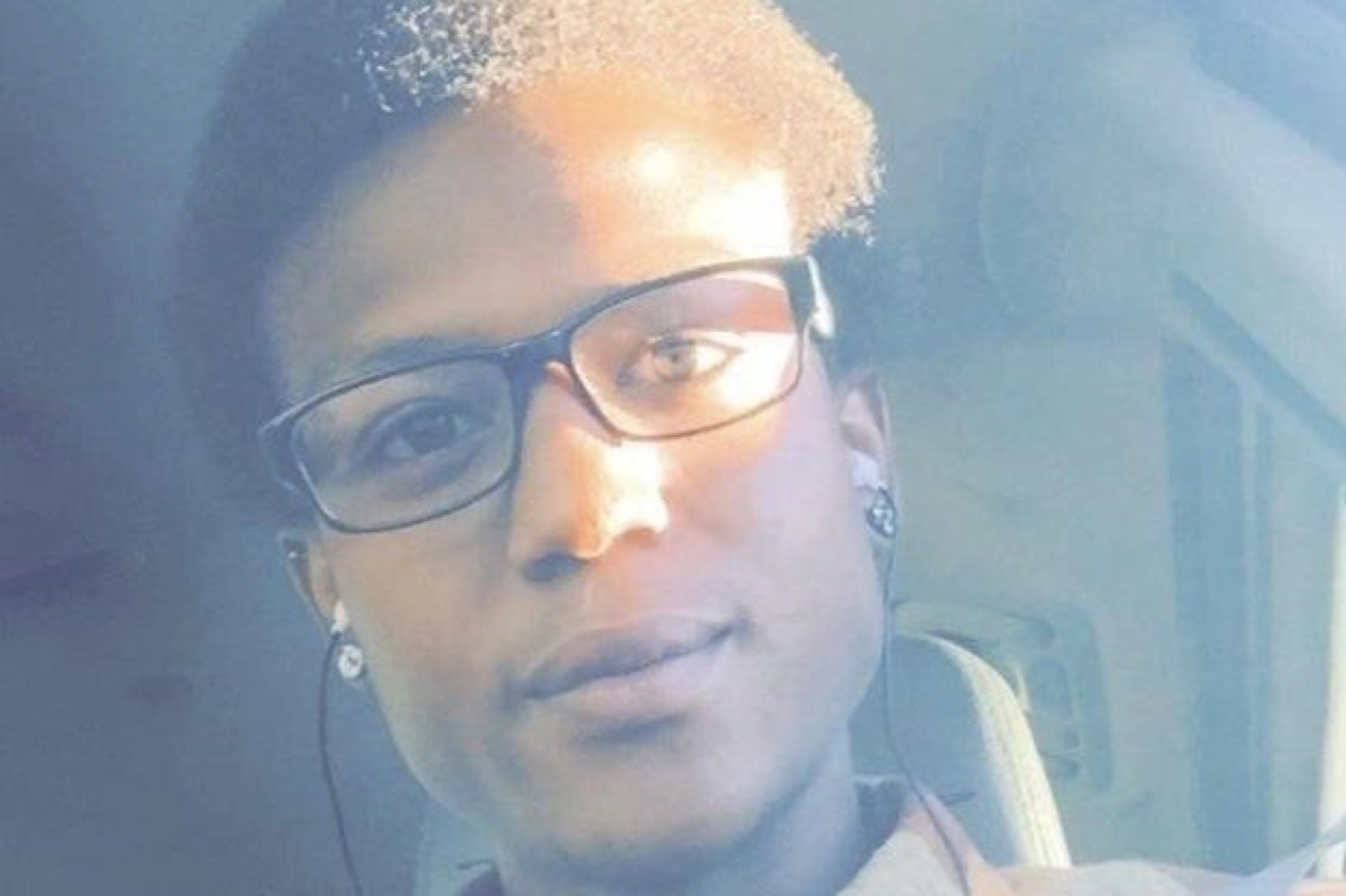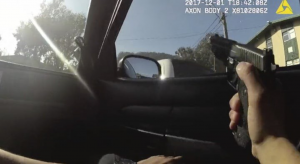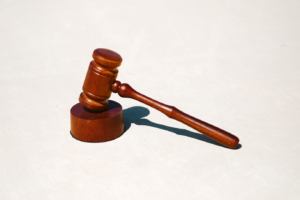The 23-year-old died in Colorado after police put him in a chokehold and paramedics injected him with ketamine.
Activists are calling on Colorado officials to reexamine the circumstances that led to a Black man dying last year after he was placed in a chokehold and injected with ketamine while being arrested.
More than 2 million people have signed a petition urging government officials in Aurora, Colorado, to conduct a new investigation into the death of 23-year-old Elijah McClain.
McClain was walking home from a grocery store at approximately 10:32 p.m. on Aug. 24, 2019, when he was stopped by three Aurora police officers. According to the department’s incident report, an unknown individual called 911 because McClain was wearing a ski mask and “acting weird” by “waving his arms around.”
His sister, Naomi McClain, told Denver7 in September that her brother was trying to purchase bottled tea for a cousin and was wearing the mask because “he had anemia and would sometimes get cold.”
The officers stopped McClain, told him he was “being suspicious,” and attempted to pat him down.
Per audio from body camera footage, as McClain frantically asked police to let him go, one of the three officers accused him of reaching for another officer’s gun.
One of the officers then placed McClain in a carotid hold, or chokehold, a move in which pressure is applied to the neck, restricting blood flow to the brain.
McClain passed out in the hold, prompting the officers to call for medical assistance. Paramedics arrived on the scene and injected McClain with ketamine to sedate him.
Audio from the officers’ body cameras reveals that McClain begged for his life as he cried, struggled for air, and vomited in the chokehold, repeatedly telling police that he couldn’t breathe.
“I have no gun. I don’t do that stuff,” he said. “I don’t do any fighting. Why are you attacking me? I don’t even kill flies.”
Soon after the ketamine injection, paramedics noticed that McClain was no longer breathing. He was transported to a nearby hospital, where he died three days later on Aug. 27.
Aurora Police Department officers Nathan Woodyard, Jason Rosenblatt, and Randy Roedema were placed on administrative leave following his death; they were reinstated to the force three months later after the district attorney declined to file charges against them.
Someone holds up a T-shirt that says “#JusticeForElijahMcClain” in Denver, June 19.
McClain’s death has received renewed attention as protests have swept the country following the police killings of George Floyd, Breonna Taylor, and other Black Americans.
In addition to the Change.org petition, Aurora government agencies told the Sentinel Colorado that they have received “tens of thousands of calls” from members of the public demanding justice for McClain.
Sen. Elizabeth Warren, Padma Lakshmi, and Roxane Gay were among those tweeting about him on Wednesday alone.
On June 9, the Aurora Police Department banned the use of chokeholds and implemented new use of force and de-escalation protocols.
Although an independent review of McClain’s death had been underway since January, Aurora Mayor Mike Coffman announced on June 12 that the city had ended that contract and would be launching a new “independent, external investigation.”
The change was made following public pushback to the news that a firm helmed by a former Connecticut state trooper was conducting the review.




